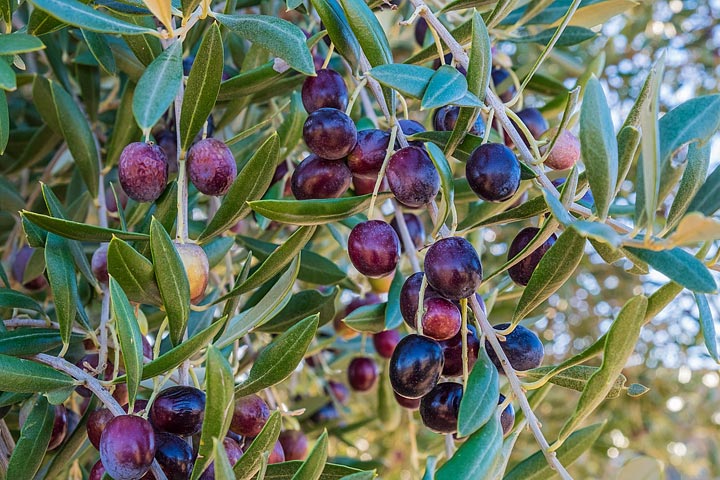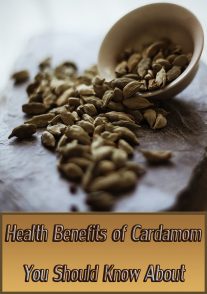
You’ve probably heard by now that the Mediterranean diet is statistically and scientifically the healthiest eating style on the planet. All studies and markers point to this type of diet—one rich in monounsaturated fats, vegetables, fruits and fish—as the most cardiovascular-friendly way you can possibly eat. Still, nutrition is an incredibly complex thing, and researchers admit that isolating the true reason for these health benefits is difficult.
One theory is that it’s the monounsaturated fat content of Mediterranean-region diets that give them their gold star for health. People living in this region tend to consume quite a bit of olive oil, avocados and fish—all great sources of healthy fat. We often talk about why olive oil is so good for us, but what about its precursor, the humble olive? Well, turns out, that’s pretty good for us too.

Cardiovascular Health
Like olive oil, olives themselves are heart-protective for a number of reasons. Their fat content comes mainly from the monounsaturated fat oleic acid, according to World’s Healthiest Foods, which has been shown to reduce levels of LDL cholesterol (the “bad” variety) and lower blood cholesterol levels overall. Additionally, healthy fats such as oleic acid can reduce blood pressure by strengthening cell membranes.
Bone Health
The health benefits of olives don’t end with the heart: These little fruits are also good for your bones. A phytonutrient called hydroxytyrosol helps prevent bone loss by increasing calcium retention. World’s Healthiest Foods explains that this may be why the Mediterranean diet is linked with low rates of osteoporosis.
Antioxidant Properties
Olives are chock-full of antioxidants. Olives have a huge phytonutrient profile, which may make them helpful for preventing cancers, heart problems and chronic illness. Antioxidants stabilize oxygen molecules in the body that can otherwise lead to oxidative stress. This is one of the reasons why fruit- and vegetable-based foods are so good for us.

“Oxidative stress is a situation in which our cells are insufficiently protected from potential oxygen damage, and oxidative stress can often be related to an insufficient supply of antioxidant nutrients,” World’s Healthiest Foods reports. Olives are a good source of the antioxidant vitamin E, and they also contain small amounts of antioxidant minerals like selenium and zinc. However, it’s the phytonutrient content of olives that makes them unique as an antioxidant-rich food.”
Anti-Inflammatory Properties
Finally, olives are extremely anti-inflammatory. New research is hinting that inflammation may be the underlying factor in a large number of health issues, including cancer, cardiovascular disease, arthritis, chronic pain, Alzheimer’s and other diseases. Olive extracts may even function as anti-histamines, which decrease inflammation to the point of neutralizing allergic reactions. The more anti-inflammatory your diet can be, the better!




Leave a Reply